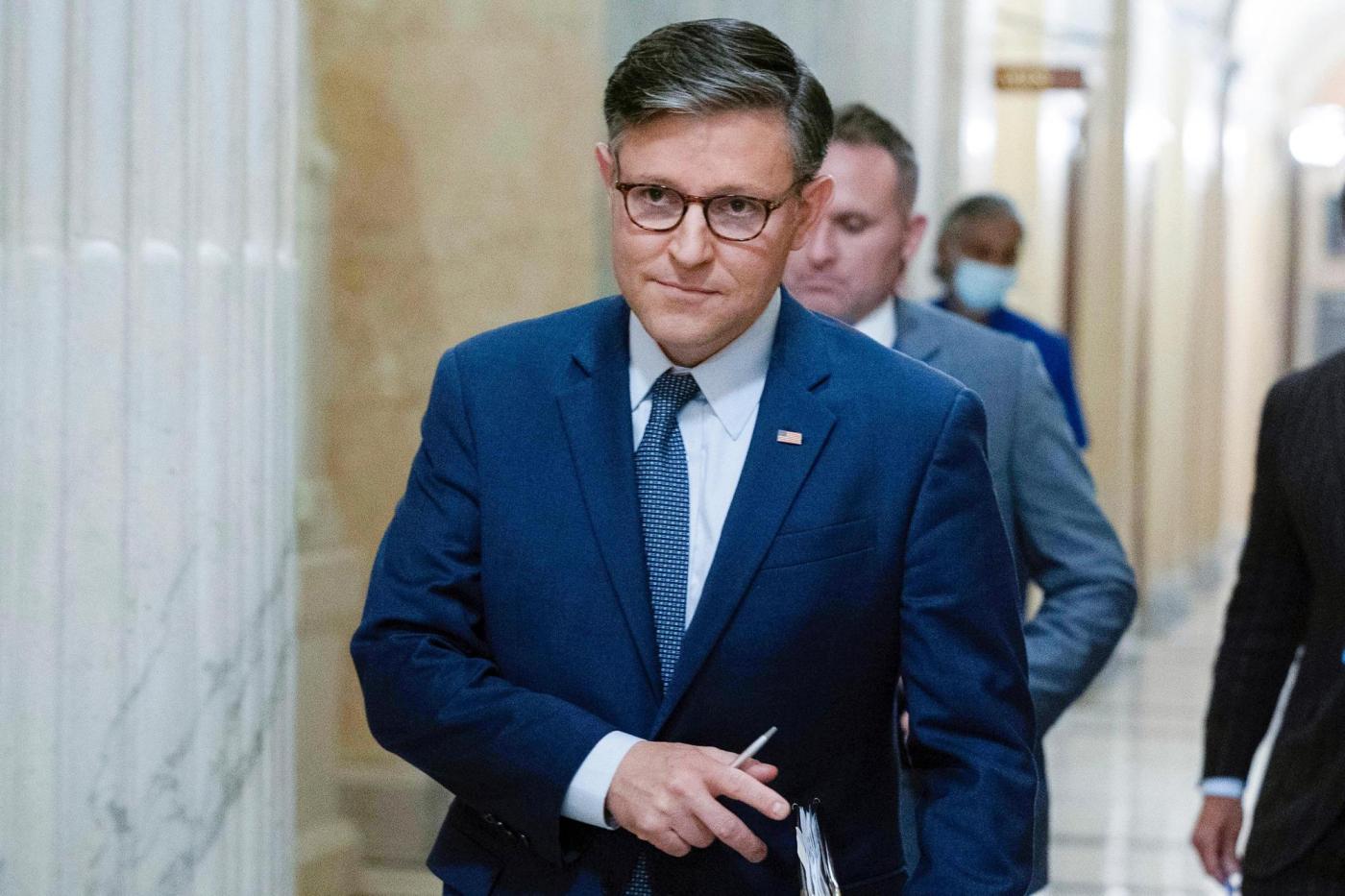
Spending deal averts federal shutdown
WASHINGTON — Congressional leaders announced an agreement Sunday on a short-term spending bill that will fund federal agencies for about three months, averting a possible partial government shutdown when the new budget year begins Oct. 1 and pushing final decisions until after the November election.
Temporary spending bills generally fund agencies at current levels, but an additional $231 million was included to bolster the Secret Service after the two assassination attempts against Republican presidential nominee Donald Trump, and additional money was added to aid with the presidential transition, among other things.
Lawmakers have struggled to get to this point as the current budget year winds to a close at month’s end. At the urging of the most conservative members of his conference, House Speaker Mike Johnson, R-La., had linked temporary funding with a mandate that would have compelled states to require proof of citizenship when people register to vote.
But Johnson abandoned that approach to reach an agreement, even as Trump insisted there should not be a stop-gap measure without the voting requirement.
Bipartisan negotiations began in earnest shortly after that, with leadership agreeing to extend funding into mid-December. That gives the current Congress the ability to fashion a full-year spending bill after the Nov. 5 election, rather than push that responsibility to the next Congress and president.
In a letter to Republican colleagues, Johnson said the budget measure would be “very narrow, bare-bones” and include “only the extensions that are absolutely necessary.”
“While this is not the solution any of us prefer, it is the most prudent path forward under the present circumstances,” Johnson wrote. “As history has taught and current polling affirms, shutting the government down less than 40 days from a fateful election would be an act of political malpractice.”
House Democratic leader Hakeem Jeffries said Democrats would evaluate the bill in its entirety before this week’s vote, but with the agreement, “Congress is now on a bipartisan path to avoid a government shutdown that would hurt everyday Americans.”


